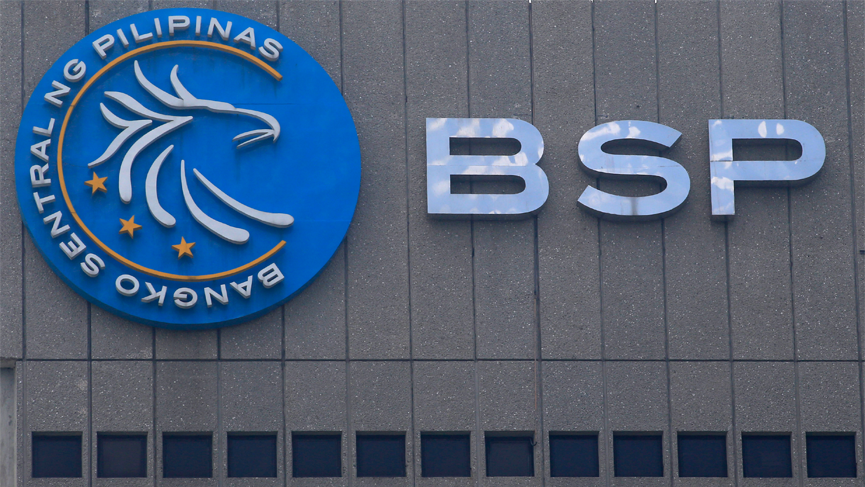It was announced this week by the central bank of the Philippines known as Bangko Sentral ng Pilipinas (BSP) the country will begin to regulate cryptocurrency exchanges. When the regulations get into place, they will be the first such regulations in Asia. The goal of regulation is built to block money laundering, terrorism and the like.
The powers and function of Bangko Sentral are exercised by its Monetary Board, which has seven members appointed by the President of The Philippines. The new regulations will protect users and traders of exchanges while seeking not to put a damper on the technological innovations brought about by digital currencies and their emerging systems.
It was reported from the BSP that users of bitcoin exchanges more than doubled in the Philippines in the first half of 2015 from 2014. It is understood that transaction volume on some Philippines exchanges ranges from $5 million to $6 million per month.
Requirements will include registration, minimum capital, internal controls, regulatory reports and compliance with anti-money laundering laws. Also under the new regulations, technology risk management will be a minimum requirement for platforms and banks are prohibited from dealing with unregistered exchanges and entities.
The rules will also require virtual currency exchanges to execute a “deed of undertaking” to implement minimum standards of consumer protection.
This probably will mean some sort of insurance mechanism. Failure to comply with new regulations could result in the cancellation of a company’s certificate of registration, which would bar them from dealing with banks.
Nestor Espenilla, Bangko Sentral ng Pilipinas deputy governor commented:
“We see (virtual currencies) used for remittance and payments. Amounts now are not really big against the overall picture but they seem to be accelerating fast. Online payments are normally not virtual currencies but use normal currency like pesos and dollars as medium of payment. Only tiny portion today use virtual currencies such as bitcoin to pay. Customer trust in virtual currencies or the lack of it remains to be seen.”
The BSP move is aligned with the June 2015 Financial Action Task Force Guidance for a Risk-Based Approach to Virtual Currencies.
The Financial Action Task Force (FATF) is an independent inter-governmental body that develops and promotes policies to protect the global financial system against money laundering, terrorist financing and the financing of proliferation of weapons of mass destruction. The FATF recommendations are recognized as the global anti-money laundering (AML) and counter-terrorism financing (CFT) standard.
The BSP Monetary Board said:
“Virtual currency exchanges are required to execute a Deed of Undertaking to implement, among others, minimum standards of consumer protection. Transactional requirements for large value payouts were also adopted to manage risks.
